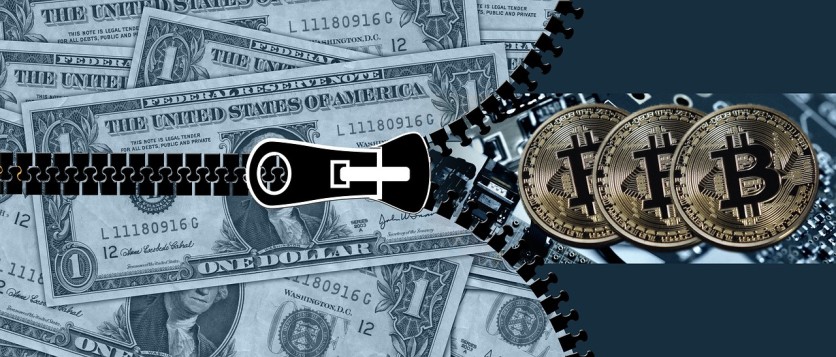
Wealth preservation is vital in the current world of economic uncertainty and financial volatility. Institutions and individuals are looking for reliable ways to preserve wealth. Bitcoin has captured many investors' attention due to its ability to withstand economic challenges. Satoshi Nakamoto introduced this cryptocurrency following the 2008 financial crisis. The goal was to have a payment system functioning without intermediaries like banks, which most people blamed for the crisis. Today, many people see Bitcoin as an investment and a wealth preservation tool.
As an investment, this decentralized currency has overtaken some conventional investment options, including real estate, gold, and equities. Moreover, it provides a decent way to grow and store wealth. Visit Immediate ePrex Ai, a trusted investment education firm that will help you improve your investment knowledge.
Bitcoin for Wealth Preservation
People can use Bitcoin to preserve wealth in several ways. This cryptocurrency can serve as a money reserve that keeps inflation away. Its limited supply and decentralization enable Bitcoin to safeguard your funds and capital.
Bitcoin's decentralization enables users to receive and transfer funds from any location globally, anytime. Therefore, it allows you to control your funds without financial restrictions completely. Additionally, you can sell your tokens at a reasonable price during a financial crisis.
For people living in countries that face constant economic catastrophe, Bitcoin can help them preserve wealth by safeguarding their funds from local currency fluctuations. For instance, Venezuela's annual inflation rate hit 80,000 percent in 2018. The speed at which people have left this country since 2015 is alarming.
Some people in such countries have used Bitcoin to preserve wealth or fight inflation. Thus, Bitcoin can be the financial savior for people facing economic upheavals. They can maintain wealth in Bitcoin and cash out the amount they require for regular expenditures.
For some people, Bitcoin compares to gold. It's a tool for hedging against inflation and preserving wealth. While silver and gold exist in finite amounts, people have used them to protect value for many years.
Why Use Bitcoin to Preserve Wealth?
Conventional financial markets have remained susceptible to crashes, geopolitical tensions, and recessions. Thus, investors can suffer significant losses if they choose that route to preserve wealth. Bitcoin has unique properties that make it an alternative investment tool. It's independent of conventional financial systems.
Bitcoin's decentralization provides privacy and autonomy you won't get with traditional assets. Its blockchain or distributed ledger ensures security, immutability, and transparency. These attributes make this cryptocurrency a viable option for institutions and individuals who want to mitigate the risks of traditional assets.
Bitcoin has shown the ability to serve as an effective haven asset during economic turmoil, such as the COVID-19 pandemic. During this economic turmoil, traditional markets underwent significant downturns. However, Bitcoin's value exhibited resilience, drawing more investors who needed protection from market volatility. Financial experts attribute this resilience to the fact that Bitcoin is a non-correlated asset. Thus, the performance of other financial instruments does not influence Bitcoin's value directly.
The Bottom Line
Observing Bitcoin's role as a wealth preservation tool during economic uncertainty or inflation is challenging. Its decentralization, limited supply, and non-correlated status make Bitcoin a hedge against any conventional currency value erosion. Also, these attributes make Bitcoin an excellent alternative investment during economic instability. As a disruptive technology in the financial world, Bitcoin is impossible to ignore. More institutions and individuals recognize Bitcoin's potential. Therefore, this cryptocurrency will likely continue to play its role as a wealth preservation tool. More people will use it to safeguard wealth in today's unpredictable economic landscape.
ⓒ 2025 TECHTIMES.com All rights reserved. Do not reproduce without permission.





